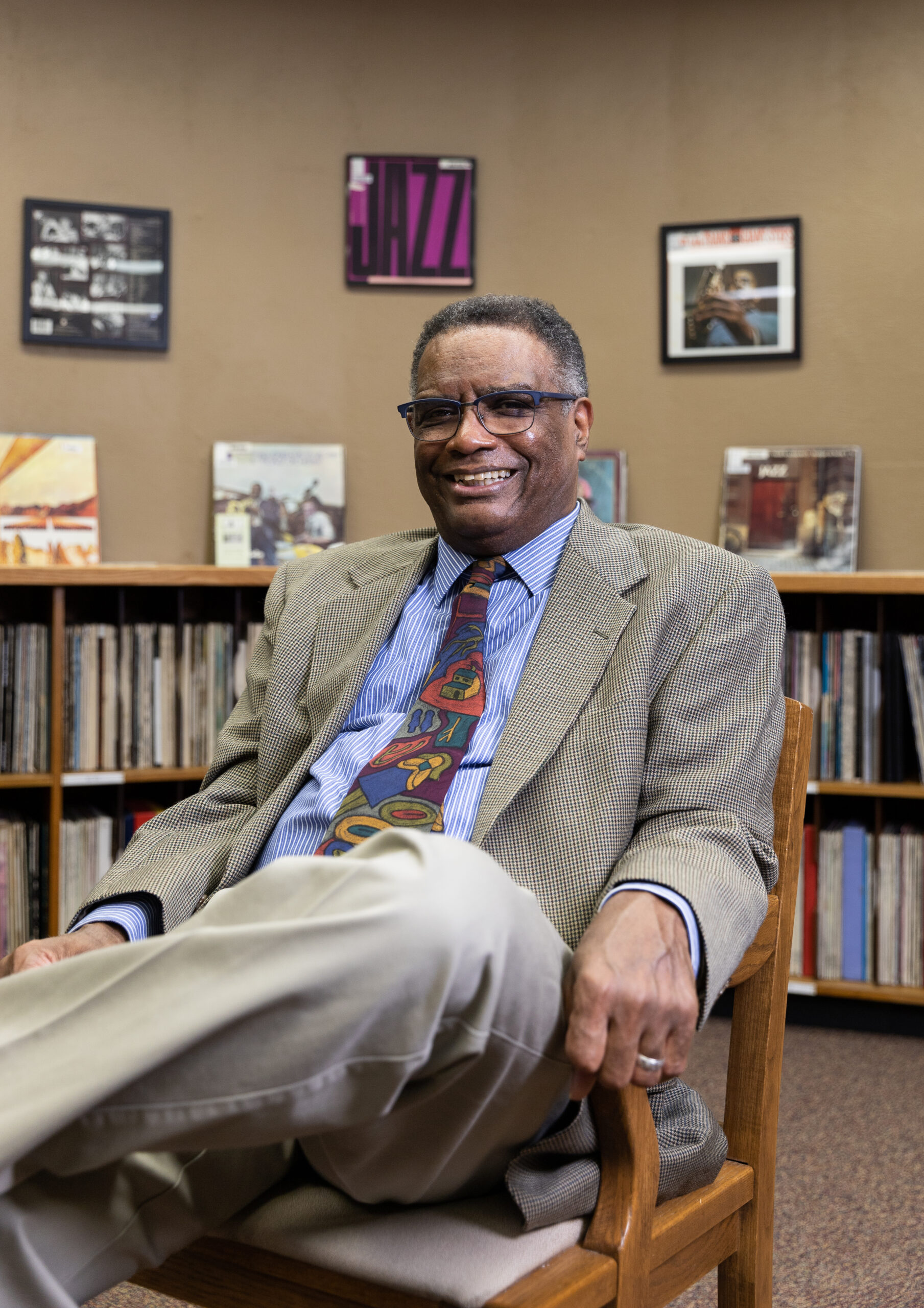Thank you, students, for masking up so that I could be here to present the 2021 Edgar M. Carlson Award for Distinguished Teaching. You made it possible for all of us to be here, and I am sincerely grateful.
This is the highest honor a Gustavus faculty member can receive. Nominations come from students, faculty, and staff, who document disciplinary excellence, enthusiasm for teaching and advising, and innovation. Today’s winner is known equally for “encyclopedic knowledge” and “passion.” A brilliant storyteller, one of the GREATS, they use narrative to “connect with students on their level,” while always challenging them. One student writes, “Through his stories, anecdotes, and history lessons he not only makes the core elements of the content clear to his students, but also frames them within larger historical and cultural narratives and contexts,” often documenting historically how some voices have always silenced others. Perhaps that’s why, according to one student, this professor “always push[es] [us] to refine [our] own individual styles while also encouraging experimentation with different forms and subjects.” This “prof” wants students to be both heard and heeded. Because words matter, and so do the bodies that speak them. He “still believes/ a word should come/ off the tongue/ smelling like it was/ just pushed out of the womb/ screaming, kicking, /fitful and surly” (“Poetry” 95, Sermon on a Perfect Spring Day).
In a moving nomination letter, one student described this professor’s classroom: “He asks us good questions…Even when a student doesn’t know the correct answer to his question, he [uses] their answer as a way to develop the conversation, finding connections between concepts…[any] answer can be used as a learning opportunity. Wrong answers are never looked down upon or laughed at.” In fact, laughter was a common theme: “I have never met another professor who laughs so much and can inspire so much laughter in me,” wrote one student. And from an advisee: “He told us that he once went to a Howlin’ Wolf concert and that at some point during a song he literally turned into a wolf. I still can’t figure out if that actually happened.”
A true disciple of the humanities, living at the crossroads where music and literature meet (the devil’s in the details), I’ll let him do the talking now. In the prologue to one of my favorite books, he introduces two characters, James and Preston–but I really think he’s talking about all of us here: “Music was their haven and oasis, for better and for worse. It gave them (if ever so briefly) a true sense of who they were as human beings. It affirmed a spirit flowing within and between them and throughout the world where they lived and would soon depart and vanish from forever” (Prologue, Stompin at the Grand Terrace). For so many students, this professor’s classroom is exactly that “haven and oasis,” where they get to learn and write about who they are as human beings.
Let’s go into Executive Session. This professor–up at sunrise–reads, writes, and riffs on an astonishing range of subject matter: modern poetry, African American and Pan Afrikan poetry, the essay, Jazz, philosophy, the Blues. Aristotle. Langston. Bono. Bessie. He knows them all. And, for every student he teaches, there are five more not on the roster, receiving guidance and margin notes after hours. For three decades, he’s mentored BIPOC students, faculty, and staff, knowing we must lift every voice if we want to sing. I’m overjoyed to present the Carlson Award to my favorite alum, my dear friend and colleague, your beloved “Prof B.”: Professor of English Philip S. Bryant.
Professor Bryant graduated from Gustavus Adolphus College in 1973 with his BA in English, and earned his Master of Fine Arts in Creative Writing from Columbia University’s School of the Arts in 1975. He is the author of four books of poetry, most recently the exquisite collection, The Promised Land. “Prof B” joined our faculty in 1989.
Presented by Rebecca Fremo
Professor of English
2013 Recipient of the Edgar M. Carlson Award

Leave a Reply